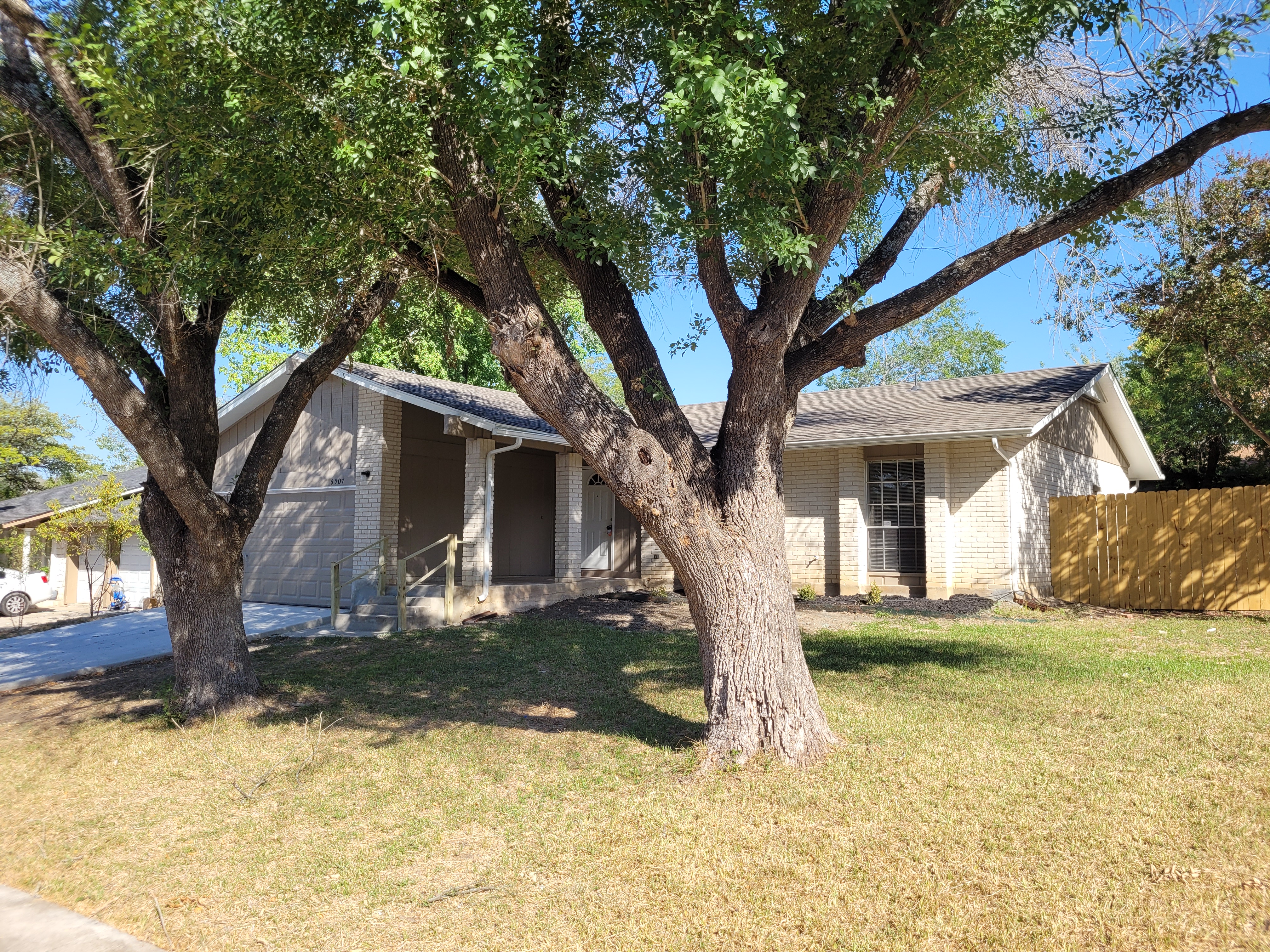
The misconception is that people rent because they have no other option. Either they’re terrible with money and can’t save due to debt and spending, or they don’t earn enough in the first place. This hasn’t been the case for a long time.
While it’s true that wage stagnation and burdensome student loan debt keep would-be homebuyers from buying their own home-sweet-home, renting is not a last resort. Choosing to rent is increasingly considered a lifestyle choice or a strategic move.
The Wall Street Journal recently reported that some 3 million U.S. households earning upwards of $150,000 per year are renting. While in some pricier markets that may not be enough to comfortably purchase a home, it’s more than enough in others.
So why are high-earners renting? And what does it mean for real estate investors?
5 Reasons High-Earners Increasingly Choose Rentership
1. They're testing the waters
It’s pretty standard for new transplants to rent for a few years before committing to buy in a new city. It’s simply easier to start renting in a new place than it is to purchase, especially if they’re worried about selling a home in their old city or moving a significant distance. Most households want to get a feel for things, explore neighborhoods, and live in their new city before deciding where to put down roots. Typically, this rental period only lasts a few years. In today’s housing market climate, though, they may wait longer.
2. They haven't saved a downpayment
Just because someone earns six figures doesn’t mean they’re not living paycheck-to-paycheck. Inflation and the rising cost of living impact their ability to save for a home. Naturally, higher earners must save significantly more because they often focus on pricier properties. That’s not to mention the debt they may be saddled with.
Bankrate reveals that the median savings account balance across income brackets jumps significantly at the $90,000 to $100,000 mark at $70,000. The median savings for the $80,000-$89,999 bracket is much lower at $20,000.
While we can’t speak to what individuals are comfortable spending on a home, we know that higher earners aim for more expensive properties. Remember that it is unwise to use all your savings on any one purchase – even that of a home. A household earning $150,000/year with a $70,000 downpayment could afford a house around the $630,000 mark. That’s near the maximum recommended DTI of 36%.
While $630,000 sounds like a lot of money, it doesn’t stretch as far as it used to unless you’re in an affordable market.
3. They're waiting out inflation and interest rates
Often, these renter households are just waiting out current market conditions. They see the housing market as overinflated and interest rates as unreasonable and prohibitive. The more a house costs, the more impactful those interest rates become. They don’t want to buy now and risk regret, overpaying, or the crushing weight of unsustainable mortgage debt.
4. They're skilled remote workers
Though the age of remote work seems to be coming to a close, many high-earners are skilled remote workers that moved during the pandemic. They’re well aware that they may need to move again. This in itself is reflective of an increasingly mobile, flexible workforce. Maintaining that mobility is a priority for young professionals.
5. They're pickier buyers with limited options
High-earners tend to want their dream home. They’re more particular, from location and layout to finishes and square footage. In current conditions, they’re fighting an uphill battle to secure their dream home. There’s still a significant property shortage and relatively few on the market (especially for the Spring homebuying season!).
They’d rather wait until the right property goes up for sale than compromise on a lesser offering.
What It Means for Real Estate Investors
These trends do have consequences for real estate investors. Namely, the demand for single-family rentals – particularly those targeting the middle and upper-middle class – is up. These allow households to rent indefinitely in the comfort of a property that feels like home.
Because of this demand, too, we’re not likely to see rental rates drop significantly. For investors, high earners tend to be more reliable and long-term residents. Remember this when acquiring properties, renovating, and refining your portfolio. Will your properties appeal to this income bracket?
Forget what you thought you knew about rentership demographics. Renting is the new housing revolution.
We know what it takes to help connect passive investors with quality residents!












